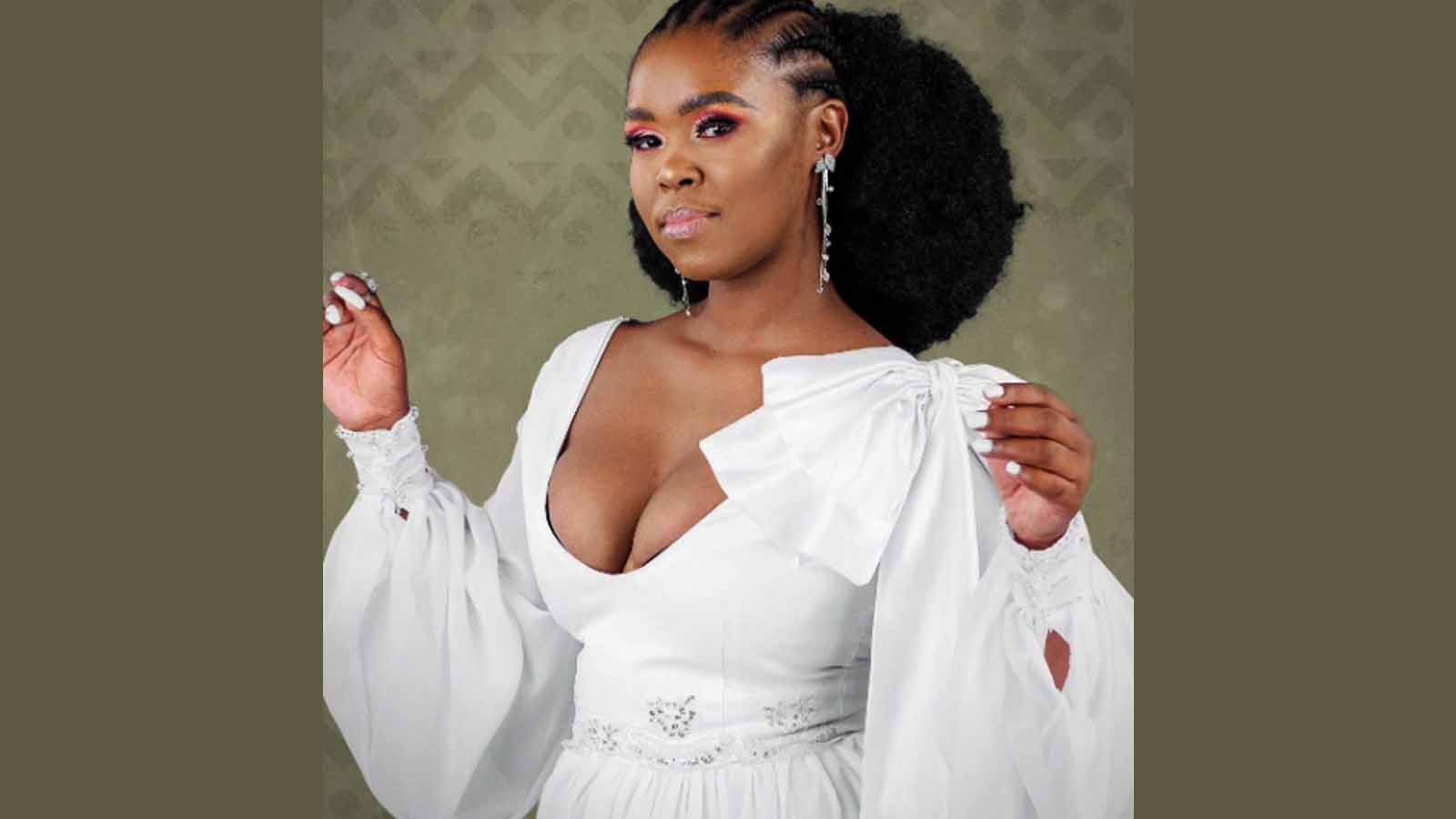The enigmatic South African singer-songwriter, Zahara, known for her melodious voice and profound lyrics, has sparked curiosity among fans regarding her style, particularly about whether she had any tattoos. This article aims to explore the reality behind Zahara’s tattoo rumors, her musical achievements, and her distinctive physical appearance.
Summary Table
| Aspect | Details |
|---|---|
| Real Name | Bulelwa Mkutukana |
| Fame | Afro-soul music, double platinum album “Loliwe” |
| Awards | 8 South African Music Awards, BET and MTV Africa Music Awards nominations |
| Tattoos | No permanent tattoos |
| Influence | Inspiration for temporary eye tattoos |
Zahara’s Musical Milestones
Zahara, born Bulelwa Mkutukana on November 9, 1987, captured the hearts of many with her debut album “Loliwe” in 2011, achieving double platinum status. Her discography, including albums like “Phendula,” “Country Girl,” and “Mgodi,” has garnered her eight South African Music Awards and nominations at the BET and MTV Africa Music Awards. Her music, blending Afro-soul rhythms with soulful Xhosa lyrics, has left an indelible mark on the South African music landscape.
The Truth About Zahara’s Tattoos

Contrary to some speculations, Zahara does not have any permanent tattoos. Her body remains a canvas free of ink, reflecting her personal choice in bodily expression. This aspect of Zahara’s identity highlights her preference for natural aesthetics over permanent body art, distinguishing her from many artists who often use tattoos as a form of self-expression.
Read : Zahara Drug And Substance Abuse: Everything On Her Addiction Here
Zahara’s Influence in Temporary Body Art
Interestingly, while Zahara herself does not sport tattoos, she has influenced temporary body art. A YouTube tutorial demonstrates how to create temporary eye tattoos inspired by Zahara’s style, illustrating her impact beyond music. These temporary tattoos, adopted by her admirers, showcase the dynamic ways individuals can engage with the aesthetic choices of their favorite artists.
Zahara’s Distinct Physical Appearance
Zahara’s physical appearance reflects her African heritage. Her dark brown hair, brown eyes, and light brown complexion, complemented by vibrant dresses and accessories, create a distinctive look that celebrates her cultural roots. Unlike some artists, Zahara chose not to adorn her body with tattoos, embracing her natural self and authenticity.
The Impact of Zahara’s Style Choices
Zahara’s style choices, from her attire to her absence of tattoos, have contributed significantly to her public persona. These choices reflect her commitment to authenticity and her cultural heritage. Her decision to remain tattoo-free is a personal one, illustrating her belief in natural beauty and self-expression.
The Tragic End of Zahara’s Journey
Tragically, Zahara’s life took a turn when she faced critical health issues related to liver complications. Reports emerged of her hospitalization, and sadly, Zahara passed away at the age of 36. Her untimely death marked the end of a musical era, leaving fans to mourn the loss of a talented artist who had graced the world with her soulful melodies.

Reflecting on Zahara’s Cultural Impact
Zahara’s influence extended far beyond her physical appearance. Her music, embodying the spirit of Afro-soul, resonated deeply with audiences, both in South Africa and internationally. Her ability to intertwine Xhosa lyrics with universal themes created a unique musical tapestry that celebrated African culture while appealing to a global audience.
The Significance of Zahara’s Fashion Choices
Zahara’s fashion choices often included vibrant, culturally significant attire that showcased her pride in her African heritage. Her style was not just a personal choice but also a statement of her identity and cultural roots. Through her wardrobe, Zahara communicated a message of pride and authenticity, reinforcing her music’s cultural impact.
The Legacy of Zahara
Zahara’s legacy is not defined solely by her music but also by her personal style, cultural representation, and the impact she had on her fans. Her decision to remain free of tattoos was a part of this legacy, reflecting her personal values and the image she chose to project to the world. Zahara’s music and style choices have left a lasting impression, inspiring future generations of artists and music lovers.
The Enduring Memory of Zahara
Zahara’s untimely passing was a significant loss to the music world. However, her memory endures through her music, her unique style, and the impact she made during her career. Fans continue to celebrate her life and contributions, remembering her as a talented artist who brought a unique voice and perspective to the music industry.
Zahara’s Influence on Body Art Trends
While Zahara herself did not have tattoos, her influence on temporary body art trends is noteworthy. The tutorial on temporary eye tattoos inspired by her style demonstrates how artists can impact fashion and beauty trends, even in areas they personally choose not to explore.
Conclusion
Her exceptional musical talent marked Zahara’s journey as an artist, her distinctive personal style, and her commitment to her cultural roots. Her decision to remain tattoo-free was a part of her unique identity, showcasing her authenticity and respect for her natural self. Zahara’s legacy continues to inspire, reminding us of the power of music and personal expression in celebrating cultural diversity and individuality.






